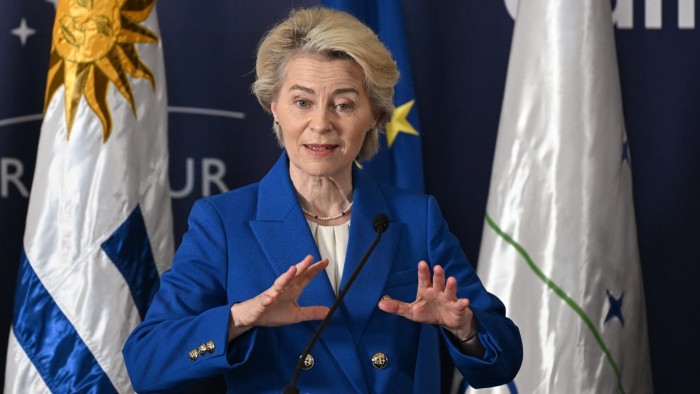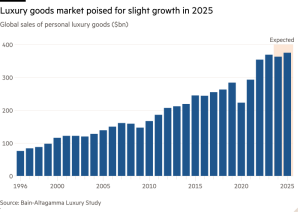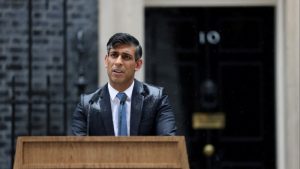An EU-Mercosur deal worth ratifying

Unlock the Editor’s Digest for free
Roula Khalaf, Editor of the FT, selects her favourite stories in this weekly newsletter.
Once more with feeling. The EU-Mercosur trade deal, launched in 1999, first got to signing stage a few weeks before Ursula von der Leyen was selected as European Commission president in 2019. That version foundered on early opposition from some EU states, which had concerns about the Amazon that often looked like disguised protectionism from beef farmers.
Five years later, after the EU finally thrashed out an appropriate statement of environmental safeguards, a fresh version of the accord — the largest the EU has ever concluded — has been agreed in principle. The EU remains the main obstacle in getting it put into practice, which is testament to the work put in by Mercosur governments in building consensus within their bloc.
After months of cleaning up the text, it will be put to the member states and the European parliament for approval. Von der Leyen will have to see whether she can create the momentum among EU governments to outweigh objections from France, Poland and some others, which say the deal creates too many challenges for their farmers.
Those who care about the global trading system should hope von der Leyen prevails. For sure, pushing the deal to a vote against resistance from Paris and Warsaw would have considerable risks. If the agreement fails once more, the EU’s credibility in being able to negotiate large deals will be seriously tarnished. But not even being seen to try would also have serious costs. Beyond the commercial opportunities that it opens, which apply particularly to South American farmers and European car manufacturers, the deal has symbolic global importance.
Free trade needs some friends. Even under Joe Biden, the US essentially ignored trade rules at a multilateral level and regarded all meaningful trade agreements as anathema. Donald Trump’s attitude to a rules-based system is likely to be even more contemptuous. This would be an excellent time to show that the EU and big emerging markets can continue to build an infrastructure of regional trade law — second-best to WTO agreements but better than nothing.
But first there’s Paris to deal with. On this occasion, France’s objection looks more genuine than the traditional performative French opposition to trade deals. Emmanuel Macron is being harried domestically by Marine Le Pen, who doesn’t much like free trade within the EU, let alone with other economies. Macron is joined in the “no” camp by Poland’s Donald Tusk, whose resistance may be less heartfelt but is nonetheless real. The likely swing state is Italy, with Giorgia Meloni caught between her voter base in export-oriented industrial sectors and the country’s noisy farmers.
Macron’s political travails are not trivial, but whether or not Le Pen gets elected at the next presidential poll against a more moderate opponent is unlikely to turn on a single trade deal passed over Macron’s objections. Moreover, if the French president is serious about turning the EU into a geoeconomic force, passing up opportunities to strengthen links with a large trading bloc of emerging markets is foolish. Trade ties do not directly translate into geopolitical influence, but an EU that cannot get it together to sign preferential trade agreements — a centralised competence — will have little credibility in projecting power elsewhere.
Sometimes in foreign affairs there is a clear choice that shows whether a government is prepared to incur the necessary costs to become the international player it wants to be. For the EU, and specifically for France and Italy, the deal on the table with Mercosur is one such. To fail once was unfortunate. To fail twice would be to flunk a key opportunity to stand up for free trade in the face of the threat from the White House.
#EUMercosur #deal #worth #ratifying






